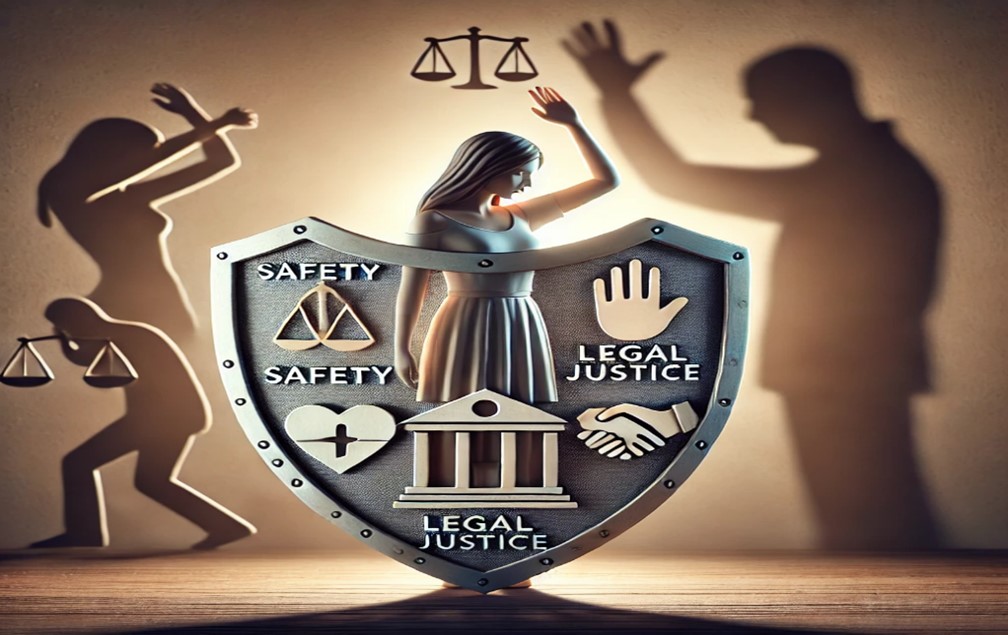
A New Era of Protection: UAE's Tougher Stance on Domestic Violence
The UAE has introduced a new legal framework that fortifies the
protection against domestic violence with the issuance of Federal Decree-Law
No. 13 of 2024, which came into effect on October 2, 2024. Replacing the
previous law from 2019, this legislation significantly enhances the country's
response to domestic abuse by broadening the definitions of abuse, extending
protections to more vulnerable groups, and imposing harsher penalties for
offenders.
One of the key updates under the new law is the broader scope of
what constitutes domestic abuse. It maintains the previous definitions covering
physical, psychological, sexual, and economic harm but provides more specific
criteria for each. Additionally, domestic workers are now expressly included
within the definition of "family members," thereby making them
eligible for protection under this law. This inclusion marks a notable shift
towards more comprehensive protection for vulnerable groups, including children,
the elderly, and persons with disabilities.
The law introduces stricter penalties for perpetrators of domestic
violence. Fines for domestic abuse have been significantly increased, and
repeat offenders face harsher consequences, with sentences potentially doubling
for offences committed within a year. Other new offences include penalties for
disclosing confidential information about a case and coercing victims to
withdraw their complaints. The emphasis on the victim’s right to
confidentiality and safety is strengthened, allowing for more secure and confidential
reporting processes.
Immediate intervention by authorities is another major change
introduced by the 2024 law. It offers multiple reporting channels, including
the police, public prosecution, and specialized protection centres. The
authorities are obligated to prioritize the safety of victims, ensuring swift
action. Additionally, the process for issuing restraining orders has been
streamlined, with more severe penalties for breaches of these orders.
The law also underscores the importance of rehabilitation, both for
victims and first-time offenders. Victims are entitled to emergency shelters,
counselling, and emotional support services, while offenders may undergo behavioral
correction programs aimed at preventing future reoffending. This holistic
approach to addressing domestic violence highlights the UAE’s commitment to
safeguarding individuals while encouraging rehabilitation and reintegration
where possible.
By mandating public awareness campaigns and educational programs,
the law aims to address domestic violence at its root, fostering a culture of
prevention and early intervention. This progressive legal framework not only
strengthens the legal protections for victims but also seeks to rehabilitate
offenders and promote long-term solutions to domestic abuse in the UAE.
